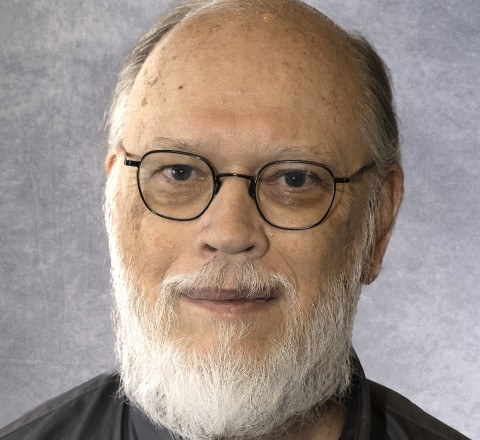Raymond Kennedy, MA | Director of Research
Ray’s in-depth knowledge of complex data sources and quantitative methods has been a premier BAE asset since he joined BAE in 1988. He contributes to all BAE engagements across the company, providing strong analytical and data management services. Ray has conducted economic impact studies using tools such as IMPLAN, a dynamic model of direct, indirect, and induced economic activity and job growth from key regional investments, and completed numerous analyses using the Public Use Microdata Sample (PUMS) from the decennial Census and the American Community Survey.
Ray is also one of California’s leading experts on “urban decay” impact studies, which assess the effects of developing new big box retail on existing retail sales and space in a trade area. Ray has completed impact studies for proposed retail centers throughout California including projects in Tracy, Patterson, Los Banos, Crescent City, Antioch, Eureka, Morgan Hill, Petaluma, Redding, Suisun City, Windsor, and Napa. This work included establishing the trade area, analyzing retail leakage, estimating capture of additional sales from growth in future years, identifying supportable square feet, and making findings regarding potential physical deterioration resulting from imbalances in supply and demand for retail space.
Ray also has extensive experience in preparing affordable housing market studies and plans. He has managed completion of over 50 Low Income Housing Tax Credit market studies, meeting all regulatory requirements for detailed demand estimates by household income range. He has supported numerous Consolidated Plans, Housing Elements, and Analysis of Impediments to Fair Housing. His primary survey research includes leading large-sample surveys for the City of San Francisco regarding housing needs and landlord experiences in rent stabilization.
Ray also has prepared numerous real estate development cash flows and pro formas, including recent work for the redevelopment of Fort Monroe, VA, a former military installation being converted to a mix of hotel, housing, and office space. This model combines private real estate investment scenarios with associated public municipal service costs and capital improvement expenditures in infrastructure improvements, generating a complete picture of private sector feasibility and public sector fiscal impacts throughout the 20 year redevelopment period.
Ray holds a BA in Anthropology and an MA in Geography from the University of Cincinnati, and has completed specialized training in real estate financial analysis at UC Berkeley.

